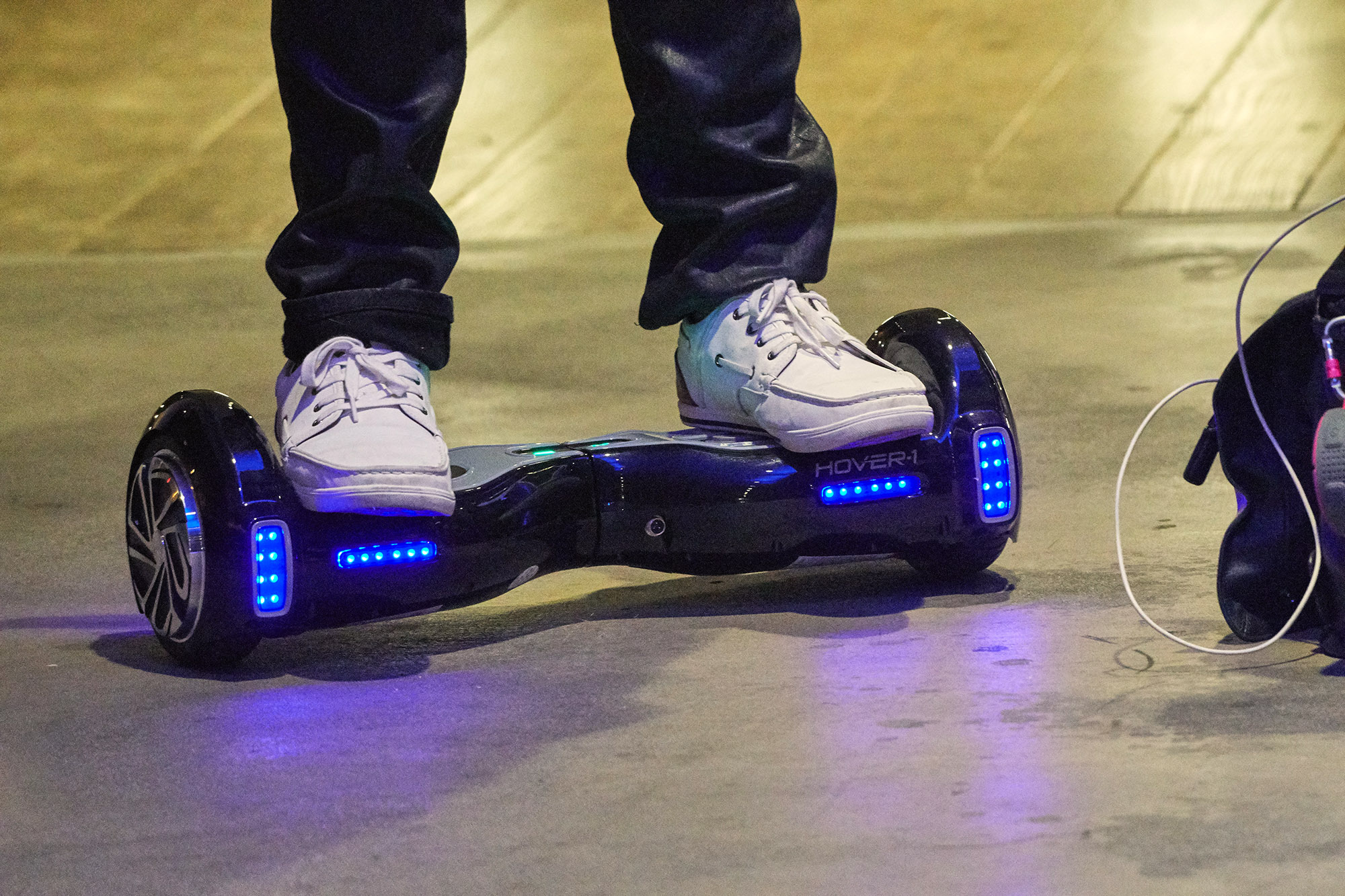Jealousy List 2016 Here are 40-odd stories we wish we’d done this year—and don’t want you to miss.
And this year? Racist algorithms that measure a defendant’s risk of committing a crime in the future (damn you, ProPublica). The corporate defense lawyer who turned his life upside down to take on DuPont when an Appalachian cattle farmer whose cows were dying reached out for help (ptui, New York Times). A portrait of the richest touring musician in the world … guess who … nope (Deadspin!). A cottage industry of Balkan teenagers faking out Trump supporters with fake news (oh you BuzzFeed, you).
Golden Gate Sunset Panorama from Pt. Bonita
Tap to view the full screen panoramic image.
Pt. Bonita Lighthouse via the National Park Service.
Tap for a larger version.
Who is the Genius Behind Merriam-Webster’s Social Media?
In case you hadn’t noticed, Merriam-Webster’s Twitter game is strong—topical, funny, smart, and informative while also being relentlessly irreverent. Not what you’d necessarily expect from the social media account of a dictionary. (This is putting aside the fact that we now generally expect things like dictionaries to have social media accounts, of course.) But if you were ever a nerd who thought of the dictionary as your best friend (just me?)—well, this is sort of like that dictionary has finally come to life and loves you back and also tweets about words all the time. To find out more about this glorious sentient dictionary, I reached out to the folks behind the tweets to ask them about words, social media, and the place of dictionaries in 2016.
Gazing West to a Past Maui Sunset


Thanksgiving, 2016
So much to be thankful for. Music: Agnes Obel – Fuel to the Fire (Xinobi Rework)
“The need for entrepreneurs of all sorts to emerge is ever more urgent.
Why are established organizations listing towards reliability and exploitation? Perhaps the clearest explanation came from Nicholas Colin, Associate Professor in business strategy, Université Paris-Dauphine, who pointed to the shifting power relationships between workers, executives, shareholders and customers.
In the 1960s, Colin explained, workers were in a strong position. But in the 1970s, the situation changed. Capital was both more mobile and more concentrated and could now exert pressure on corporations and obtain higher returns over shorter periods.
Fall Flowers & Weekend Vibe
Prediction will become free, the value of judgement will increase.
Ajay Agrawal, Joshua Gans and Avi Goldfarb:
Today we are seeing similar hype about machine intelligence. But once again, as economists, we believe some simple rules apply. Technological revolutions tend to involve some important activity becoming cheap, like the cost of communication or finding information. Machine intelligence is, in its essence, a prediction technology, so the economic shift will center around a drop in the cost of prediction.
The first effect of machine intelligence will be to lower the cost of goods and services that rely on prediction. This matters because prediction is an input to a host of activities including transportation, agriculture, healthcare, energy manufacturing, and retail.
When the cost of any input falls so precipitously, there are two other well-established economic implications. First, we will start using prediction to perform tasks where we previously didn’t. Second, the value of other things that complement prediction will rise.
On political bots
An automated army of pro-Donald J. Trump chatbots overwhelmed similar programs supporting Hillary Clinton five to one in the days leading up to the presidential election, according to a report published Thursday by researchers at Oxford University.
The chatbots — basic software programs with a bit of artificial intelligence and rudimentary communication skills — would send messages on Twitter based on a topic, usually defined on the social network by a word preceded by a hashtag symbol, like #Clinton.
Their purpose: to rant, confuse people on facts, or simply muddy discussions, said Philip N. Howard, a sociologist at the Oxford Internet Institute and one of the authors of the report. If you were looking for a real debate of the issues, you weren’t going to find it with a chatbot.
Related: Fake web traffic.




























